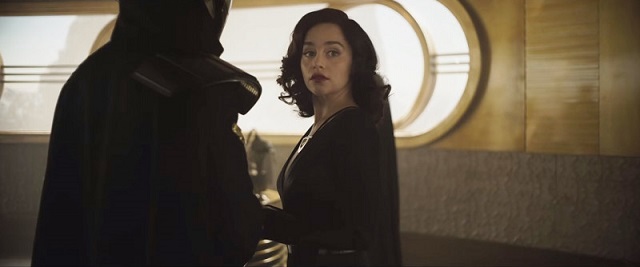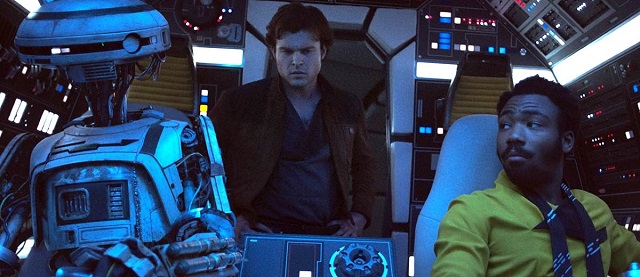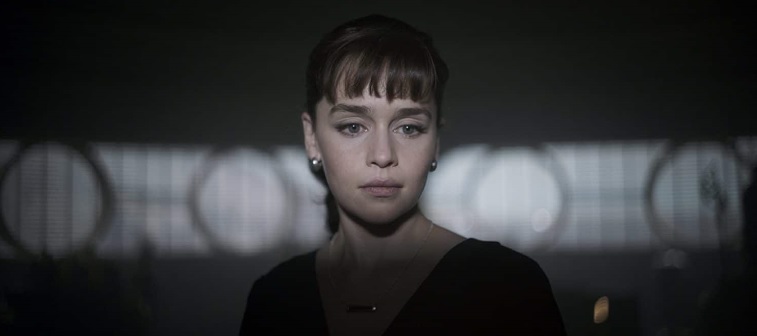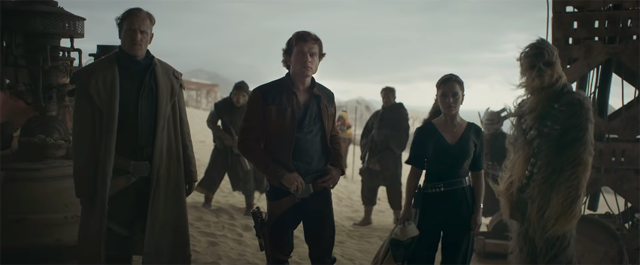
I have never been fond of the femme fatale. While that role gave a female character something more to do in the mystery/crime genre, exchanging passivity for vileness has always seemed a poor tradeoff. Moreover, the femme fatale frequently was punished at the end of the tale, not just for being evil but for also for daring to step outside of the usual definitions of femininity at the time of the archetype’s inception.
This development of the femme fatale as an active and evil player in the mystery/crime genre was a reflection of anxieties surrounding the changing roles of women in America in the 1920s and the 1940s-50s [1]Unless otherwise noted, all original research for this piece is sourced from “Femme Fatale”, part of The Secrets of Great Mystery and Suspense Fiction by David Schmid, 2016.. Female characters were given power in the genre by male authors, but that power was designed to denote terror, not heroism [2]Stuart, Esther M. “Femme Fatales and the Shifting Gender Norms of the 19th Century” (2017). Electronic Theses & Dissertations. 1602.. Heroism was instead assigned to the men who were capable of overcoming the wiles of these women and bringing them to punishment in the end.
The femme fatale exists as a test for the hero, to see if he is able to reject emotion and retain the isolation that is threatened by his attraction to the femme fatale. Will the hero be able to resist her and do the right thing? Raymond Chandler, a major influence in the noir sub-genre, was particularly fond of this trope. In the original novel Double Indemnity by James M. Cain, the hero and the femme fatale commit suicide together rather than being caught. In Chandler’s script adaptation, the hero instead decides to shoot the femme fatale, thus removing the element of choice in her death and reestablishing the aspect of punishment. Read More
| ↑1 | Unless otherwise noted, all original research for this piece is sourced from “Femme Fatale”, part of The Secrets of Great Mystery and Suspense Fiction by David Schmid, 2016. |
|---|---|
| ↑2 | Stuart, Esther M. “Femme Fatales and the Shifting Gender Norms of the 19th Century” (2017). Electronic Theses & Dissertations. 1602. |




